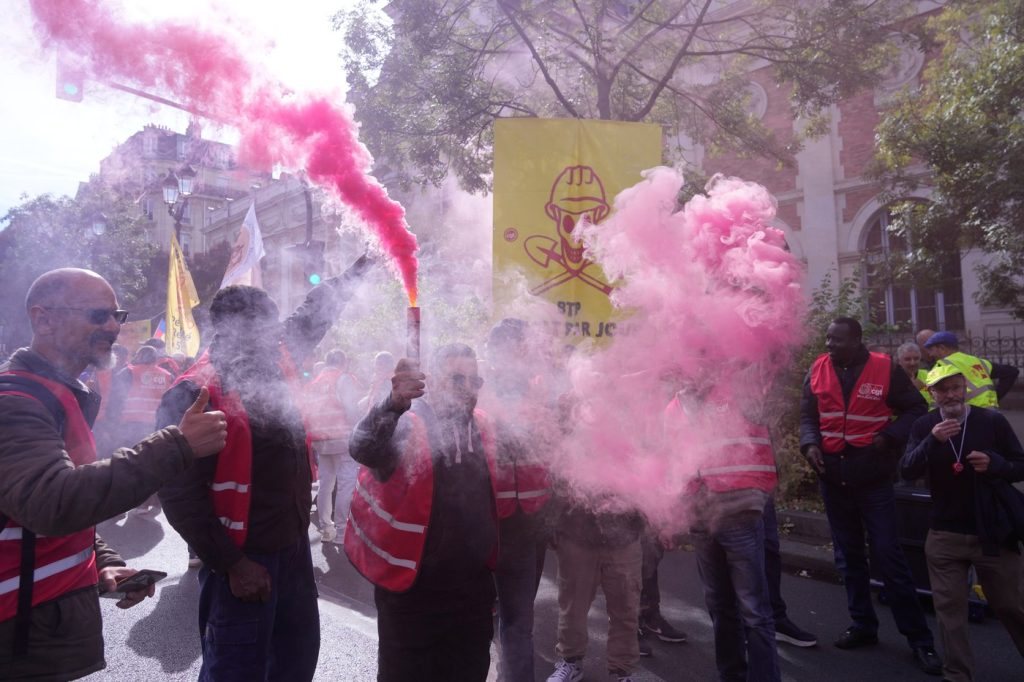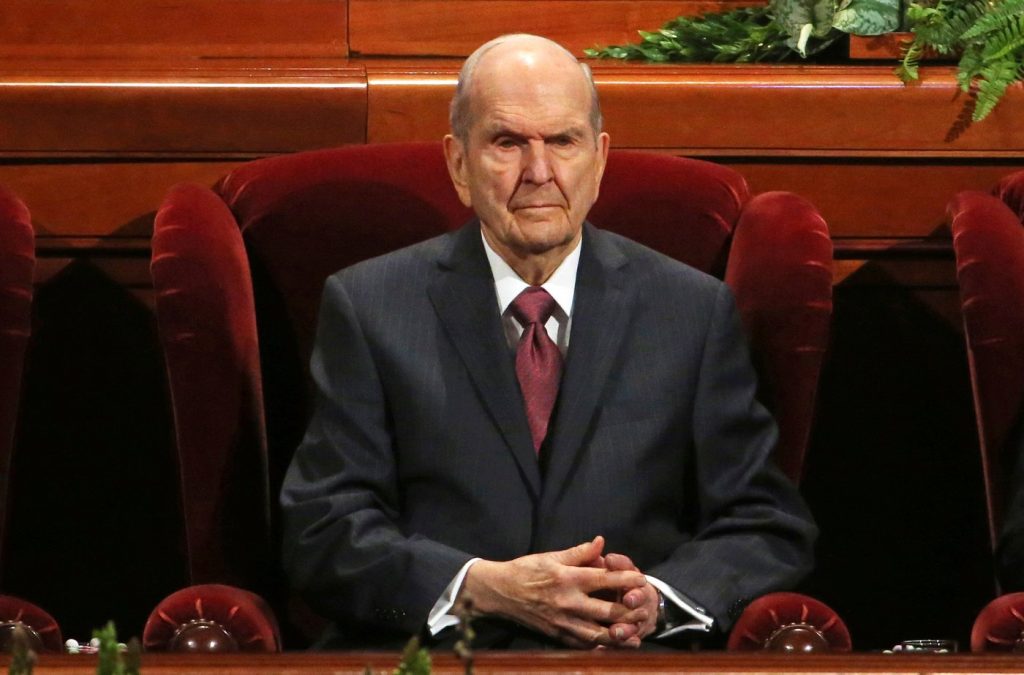Protests erupted in over 200 towns and cities across France on Thursday, as demonstrators gathered to voice their discontent over government spending cuts and to advocate for higher taxes on the wealthy. The nationwide strikes, organized by major French unions, attracted thousands of participants, including workers, retirees, and students, who marched through the streets of Paris starting from Place d’Italie.
One significant impact of the demonstrations was the closure of iconic landmarks; notably, the Eiffel Tower, which announced that it would not be open to visitors due to the strikes. These actions are the latest in a series of protests that began last month, driven by political unrest and contentious budget negotiations. The unions are pressuring Prime Minister Sébastien Lecornu to reconsider austerity measures proposed by his predecessor. Critics argue that these measures would exacerbate the financial strain on low-paid and middle-class workers.
Since his recent appointment, Prime Minister Lecornu has yet to release specific details regarding his budget plans or appoint his government ministers, a decision that is anticipated in the coming days. The French parliament, which is deeply divided, is expected to debate the budget bill by the end of the year. The unrest signifies a moment of significant social discontent. Sophie Binet, the head of the CGT union, highlighted the unprecedented occurrence of multiple days of strikes without an established government or budget, citing a strong desire among citizens to make their voices heard.
According to the French Interior Ministry, approximately 195,000 protesters participated across the country, including an estimated 24,000 in Paris. While the national rail company SNCF reported normal operations for high-speed trains, some regional services experienced disruptions. In Paris, metro services remained relatively stable, though many commuter trains operated at reduced capacity. Several educators and healthcare workers also joined the strikes, although participation numbers were reported to be lower than those in the previous month.
Earlier protests held on September 18 saw a larger turnout, with police estimates indicating more than 500,000 demonstrators across various regions, while union reports claimed over one million participants nationwide. In contrast, the previous week witnessed a significant anti-government demonstration in which streets were filled with smoke and barricades, coupled with police use of tear gas under the “Block Everything” campaign initiative.
This current wave of protests underscores the ongoing tensions within French society concerning economic policies and government accountability. Activists are determined to resist austerity measures that they believe threaten the socioeconomic fabric of the nation and to push for policies that ensure fairer taxation for the wealthy. With the ongoing strikes and protests, the situation continues to evolve as the Prime Minister prepares to outline his government’s budgetary direction and commitments to address the growing discontent among various societal groups.












